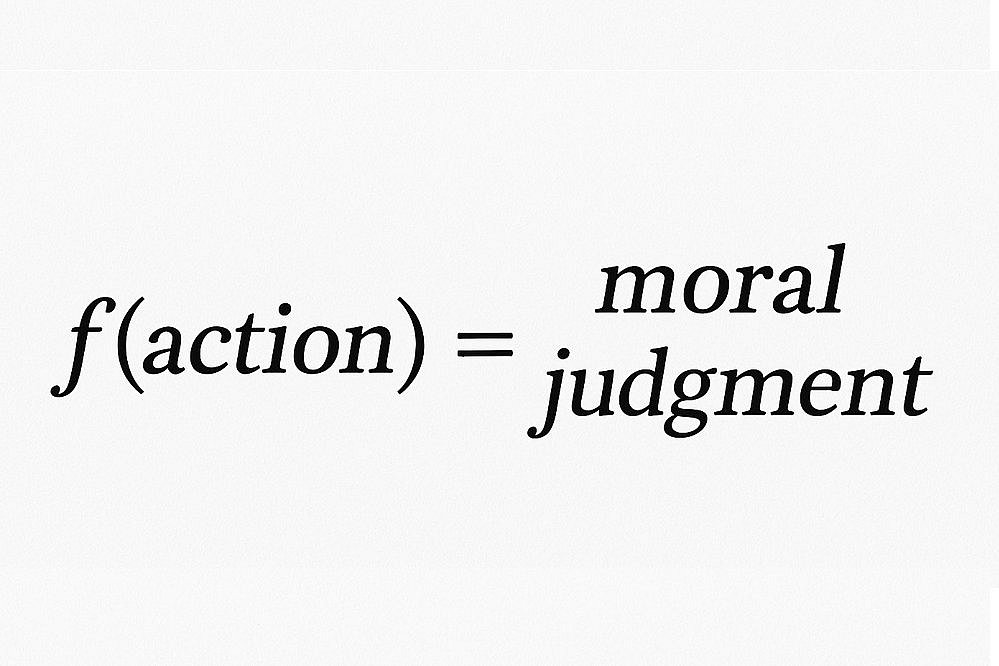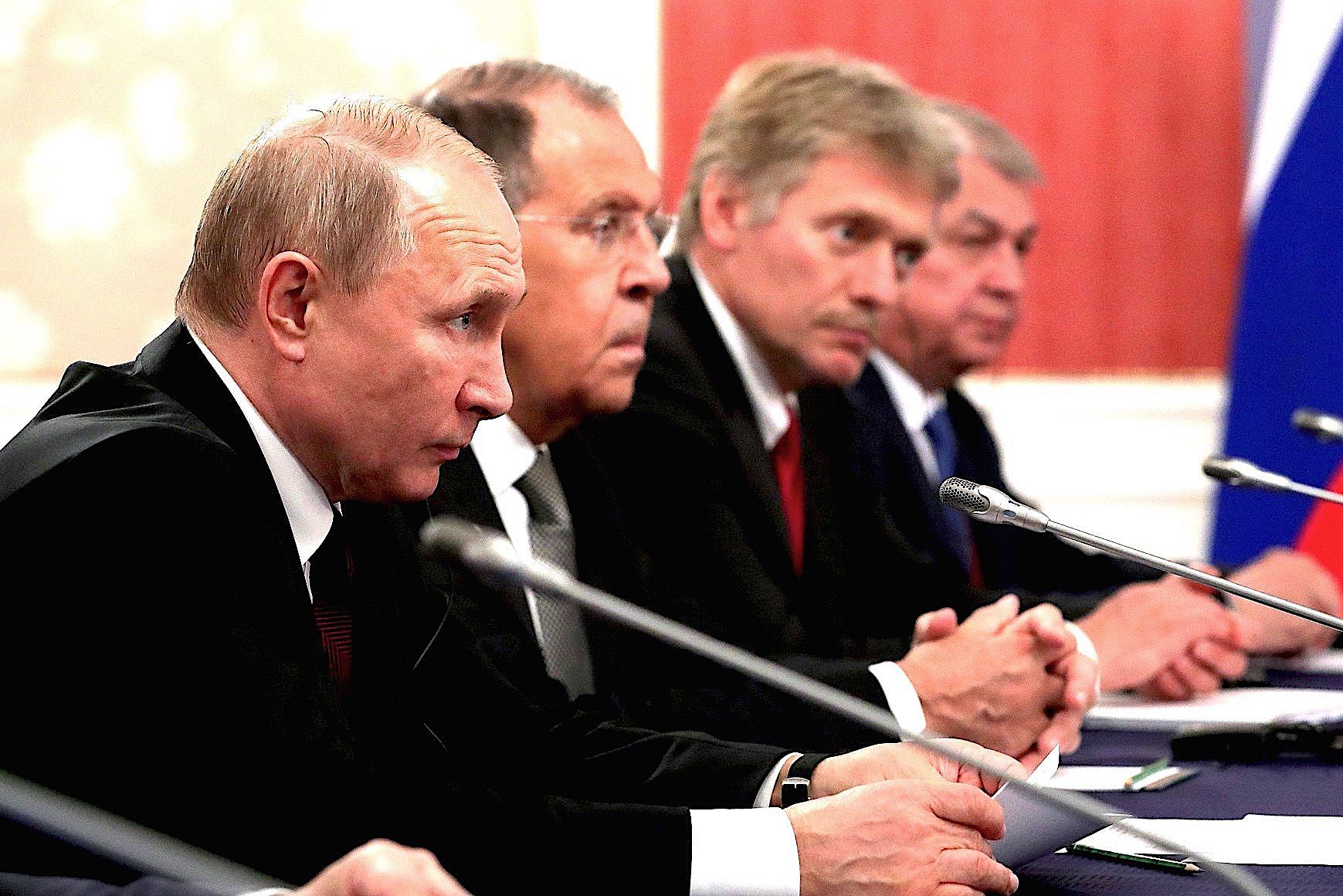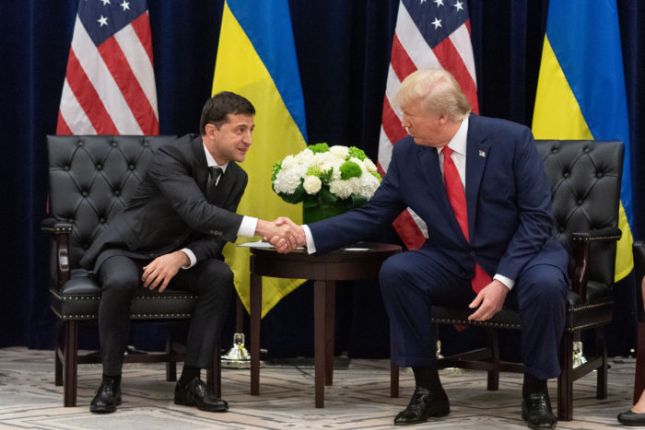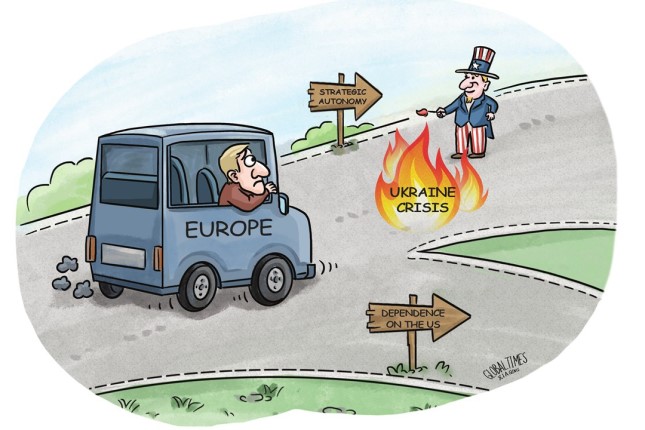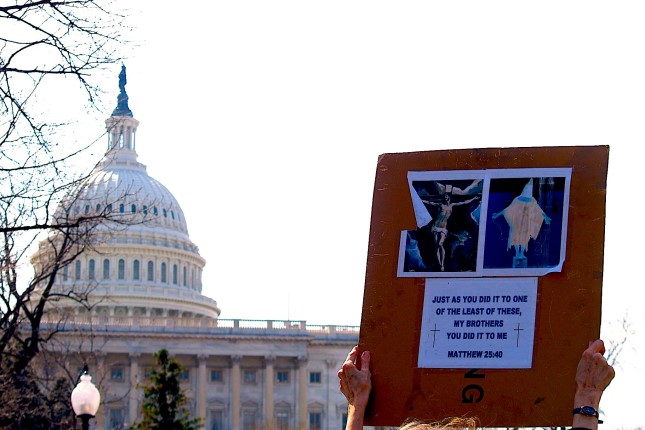Don’t take a side, don’t justify it – just note the symmetry and watch the room explode. You’ll be accused of whataboutism, as though you’d just farted in church during a eulogy. Push further, and the full litany of elite scolding will follow: bothsidesism, false equivalency, moral relativism, denial of context.
These aren’t arguments. They’re narrative firewalls, deployed to keep anyone from checking the math.
But here’s the kicker: whataboutism, properly used, isn’t a deflection. It’s a diagnostic tool. It’s math. It’s the scientific method applied to global morality, because math is fair, while geopolitics runs on power.
In every real science, a rule is tested across symmetrical cases to see if it holds under transformation. In physics, that’s called invariance; in law, it’s precedent; in logic, consistency. But in political “science,” it’s blasphemy.
Why? Because the whole edifice of modern international morality is built on asymmetry. And the UN system encodes it: five countries have permanent Security Council vetoes – perpetual immunity for the victors of 1945. That’s not international law. It’s structural privilege masquerading as justice.
If bombing civilians is wrong, then it’s wrong when Russia does it in Ukraine, and when the US does it in Yemen. If secession is legitimate when Kosovo leaves Serbia, then it’s legitimate when Somaliland leaves Somalia. But try pointing that out, and you’ll get shouted down – not because you’re wrong, but because such comparisons are politically inconvenient.
And that’s what whataboutism actually threatens: the tribal branding strategy that passes for “international norms.” It doesn’t expose moral relativism; it exposes selective enforcement. The rules only apply one way, and the exception always wears the white hat.
Because let’s be real: everyone thinks they’re the good guy – even the ones carpet-bombing weddings or funding coups. No nation goes to war saying, “We’re the baddies.” Every side has martyrs, maps, myths, music, and manifestos. ISIS thought they were righteous; so did Bush; so does Hamas; so does Israel; so does everyone, always.
Once you accept that, morality-by-flag collapses. Wars can’t be explained with “they’re evil” or “we’re defending freedom.” Standards are needed, and that’s where foreign policy elites panic, because their entire industry depends on selling moral narratives that collapse under scrutiny. This isn’t cynicism; it’s rigor. If your ethics can’t survive a change of variables, they’re not ethics; they’re aesthetics.
Where Political Science Fails the Science Test
Political science is an oxymoron. It’s theology with citations, power-worship dressed up in regression models and ten-dollar jargon like “norms” and “constructivism,” passing off barroom politics as enlightenment.
Most political scientists wouldn’t recognize isomorphism if it violated their sanctions regime. They wouldn’t know symmetry if it flattened their capital. They treat logic like it’s radioactive – volatile, destabilizing, and best avoided in polite company.
Why? Because logic ruins their fun. Political scientists hate whataboutism because it’s rigorous. It makes their theories falsifiable and exposes their “rules-based international order” as a sequence of carve-outs justified by branding. They cosplay as scientists, ignoring symmetry, dodging hypothesis-testing, evading falsifiability, and declaring victory before peer review.
Political science hates whataboutism for the same reason astrology hates astronomy: it ruins the illusion.
International Law – The Rules-Based Disorder
If political science is the priesthood of this asymmetry, international law is its scripture – a text rewritten daily by the powerful.
International law, in practice, is a choose-your-own-adventure novel proofread by the State Department and co-authored by Lockheed Martin. The US invades Iraq on flimsy pretexts, flattens Fallujah, and calls it liberation. Russia does the same in Ukraine, and it’s genocide. Turkish drones in Syria are “counterterrorism”; Iranian drones in Ukraine are “proxy warfare.” Same behavior. Different moral labels.
This isn’t just a failure of international law. It’s a systemic failure of the discipline that claims to study global power. Real science demands falsifiability and symmetry, but political science demands deference to power. It drapes moral narratives in regression models and jargon, then calls them insight.
In math and science, a law must hold across isomorphic cases. In law, precedent requires consistent application. But in political science, when NATO backs secession, it’s humanitarianism. When Russia does the same, it’s aggression.
Whataboutism ruins this game. It asks one question: Does the rule survive when the variables change? If it doesn’t, it’s not a principle.
To protect the narrative, a battery of rhetorical firewalls (e.g. “false equivalence,” “bothsidesism,” “moral relativism,” “context denial”) are deployed to shut down comparison before it starts. These aren’t arguments. They’re methods of avoiding scrutiny.
A full glossary of these rhetorical firewalls, alongside dozens of symmetry case studies and cross-examination examples, is available in the supplementary Whataboutism Toolkit: A Multitude of Examples, a ready-to-use cheat sheet for aspiring defense lawyers in the court of international hypocrisy.
If East Timor can secede, so can South Ossetia. If it’s terrorism when al-Shabaab attacks a hotel in Nairobi, it’s also terrorism when Irgun bombed the King David Hotel in Jerusalem. If assassination is a crime for Russia, it must also be one for Mossad and the CIA.
That’s not moral relativism. That’s precedent.
Yes, context matters, but when “context” always absolves the same side, it’s not nuance; it’s alchemy.
Without symmetry, there is no law – only caste. A world where some nations annex, assassinate, and bomb with impunity, while others are prosecuted for doing the same. Precedent doesn’t just shape justice – it shapes survival. When enforcement is selective and punishment is political, every nation takes notes.
North Korea didn’t go nuclear because it’s irrational. Pyongyang did it because they studied the treatment of Libya, Iraq and Pakistan, and learned that disarmament is suicide. In a world where the law binds only the law-abiding, power becomes the only currency that matters. If law is just branding, then nukes are the only lawyer that never loses.
Moral Math for Dummies
This is the logic behind whataboutism: not deflection, but diagnosis. It applies symmetry where narratives collapse, because symmetry is justice, and precedent governs law. Hypocrisy isn’t a flaw in the system. It’s the system refusing to be tested.
If the rule is:
f(action) = moral judgment
Then f must return the same result for the same input, regardless of whose flag is on the drone.
If bombing civilians is “defense of democracy” when done by one state and “terrorism” when done by another, then f isn’t a rule. It’s a costume change.
Whataboutism calls that bluff. It doesn’t excuse the act but demands consistency. It flips the actors and reruns the scenario. If the result changes, the standard was never moral to begin with.
It Was Never About Justice
Nowhere is that panic more visible than at the International Criminal Court, where justice wears a blindfold but checks passports under the table. The United States, Israel, Russia, and North Korea all declined to ratify the Rome Statute for the same reason: they didn’t want to subject their leaders to its jurisdiction. But Putin has been indicted and Kim Jong-un faces an ICC investigation. When the US levels entire villages with drone strikes, it’s national security. When Israel bombs apartment towers, it’s deterrence. But when Russia or North Korea does the same, they’re hauled before international tribunals.
And if you point that out and ask why some non-signatories are selectively indicted while others get away with threatening military action against The Hague if their soldiers are even investigated, you’re accused of whataboutism. Not because the symmetry is false, but because it’s airtight. In February 2025, the White House issued executive sanctions against ICC members who dared to apply the law to American and Israeli officials. The message couldn’t be clearer: the law is for them, not us.
Whataboutism is scrutiny. It’s cross-examination. It’s hypothesis-testing. It’s dragging your morality onto the witness stand and forcing it to answer under oath while the jury checks your passport. And most of these noble-sounding doctrines wouldn’t survive five minutes with Johnnie Cochran and Robert Kardashian.
“If the glove don’t fit, you must acquit.”
So we pretend the glove doesn’t fit. Even though the stitching matches, the blood type matches, your fingerprints are all over it, and you were seen leaving the scene of the crime.
We wave our hands and shout “false equivalence” while someone else gets life for wearing a glove that looks just like ours.
Whataboutism doesn’t ask who’s innocent. It asks whether your rules hold up when the names change, beneath courtroom walls etched with the phrase ‘Equal Justice Under Law.’
And when they don’t, we don’t fix the rule. We punish the question. We sanction the court. We celebrate indictments of our enemies and blacklist anyone who tries to hold our allies accountable.
Whataboutism doesn’t break the law. It reveals the law was built for export, not self-reflection.
Because what they fear most isn’t impunity for their enemies, it’s the unbearable possibility that one day, their own actions might be judged by the same standards they’ve used to condemn the rest of the world.
Whataboutism isn’t chaos. It’s the audit the “rules-based order” fears the most.
Source: AntiWar.com.
